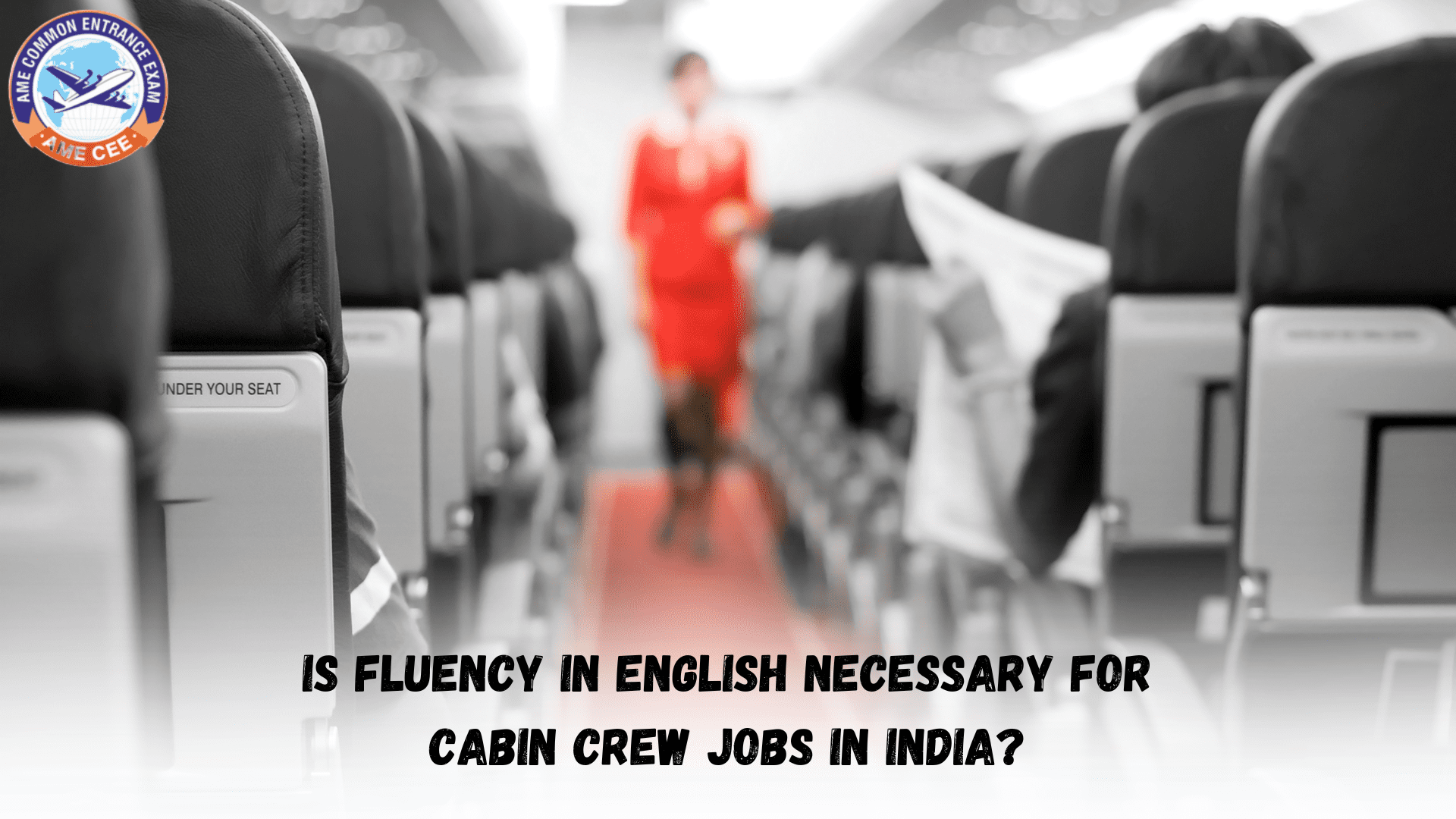When considering a career as a cabin crew member in India, many aspiring applicants wonder if fluency in English is an essential requirement. The short answer is: Yes, fluency in English is generally necessary for cabin crew jobs in India, and here’s why:
1. International Communication Standards
English is recognized as the international language of aviation. It is used for communication between air traffic control, pilots, and cabin crew members across the globe. Given the global nature of the aviation industry, airlines require cabin crew members to communicate effectively in English, especially when flying internationally.
In India, many airlines operate both domestic and international flights, making it crucial for cabin crew members to have a strong command of English to ensure smooth communication, regardless of the flight’s destination.
2. Passenger Interaction
Cabin crew members are the primary point of contact for passengers during a flight. As international travel continues to grow, passengers on domestic flights may also come from diverse linguistic backgrounds. English serves as a common language for communication between cabin crew members and passengers. It helps ensure that safety instructions, announcements, and emergency procedures are clearly understood by everyone onboard.
For example, flight announcements, safety briefings, and emergency protocols are typically delivered in English in addition to any regional language (like Hindi, Tamil, Bengali, etc.) to ensure passengers from different linguistic backgrounds are informed.
3. Training and Safety Protocols
Cabin crew training programs, whether for Indian airlines or international airlines, are conducted in English. During training, cabin crew members are taught safety procedures, customer service protocols, and emergency response techniques. Since most aviation manuals, instructional materials, and flight operation protocols are written in English, fluency in English is essential for trainees to grasp and execute the necessary skills effectively.
4. Career Growth and International Opportunities
For cabin crew members who wish to progress within the aviation industry, fluency in English becomes even more important. Many airlines promote employees based on their ability to communicate well with passengers, fellow crew members, and airline management, all of which are typically done in English.
Additionally, being proficient in English can open doors to international opportunities with airlines operating global routes. Whether it’s a transfer to an international base or handling international passengers, a good command of English is a key factor for career growth.
5. Requirements in Job Descriptions
When looking for cabin crew job openings in India, it is common to find that airlines explicitly list English fluency as one of the eligibility criteria. This is because airlines require their cabin crew members to be proficient enough in the language to ensure the safety and comfort of passengers while maintaining professionalism in a global context.
6. What Level of English Proficiency Is Required?
Fluency in English doesn’t necessarily mean you need to be a native speaker or have perfect grammar. However, airlines generally expect cabin crew candidates to meet certain language proficiency levels. This can include:
- Basic to Intermediate Communication: The ability to understand and respond to basic queries, deliver safety instructions clearly, and assist passengers in emergency situations.
- Good Pronunciation and Diction: Clear speech to ensure announcements are easily understood.
- Understanding of Aviation Terminology: Cabin crew members must be familiar with specific aviation terms used in safety briefings and emergency protocols, all of which are in English.
If you’re not entirely fluent in English but are still interested in pursuing a cabin crew career, many airlines offer language training to improve English proficiency. This could be an excellent opportunity to polish your communication skills before applying.
7. What If You’re Not Fluent in English?
If you’re not yet fluent in English, don’t be discouraged. While fluency is necessary, airlines do appreciate candidates who show a strong willingness to learn and improve. If you’re passionate about becoming a cabin crew member, you can take English language courses or practice with native speakers to build your confidence and proficiency in the language.
Many cabin crew members started with limited English skills but later became proficient through training, experience, and continuous learning.
Conclusion
In conclusion, fluency in English is a significant requirement for cabin crew positions in India, mainly due to the global nature of the aviation industry, the need for clear communication with passengers, and the availability of international opportunities. While proficiency doesn’t need to be perfect, a strong command of English will open many doors and help you succeed in this career path. If English is not your strong suit, it’s never too late to improve, and doing so will undoubtedly enhance your chances of landing a cabin crew job.


